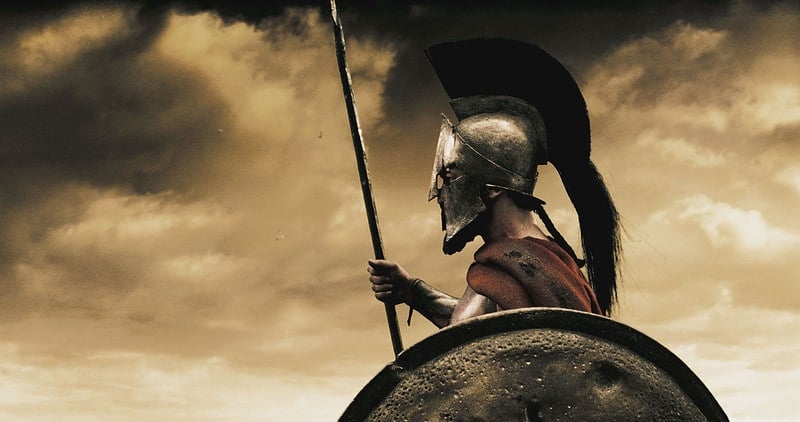

In the annals of history, few replies have ever displayed the Spartan wit as sharply as a single word once uttered: “If.”
When King Philip II of Macedon sent a threatening message to Sparta, warning that if he invaded their lands, he would destroy their city, the Spartans didn’t respond with panic, pleas, or counter-threats. They simply replied:
“If.”
One word—but it said everything. It implied challenge, courage, and complete confidence. No fear. No flattery. Just pure Spartan.
This minimalist, sharp-edged way of speaking wasn’t just a coincidence. It was a defining feature of Spartan culture. The Spartans were known for their laconic speech—a term that literally comes from Laconia, the region of Greece where Sparta was located. In Spartan society, brevity was a virtue. Young Spartans were trained to speak little, but with precision, impact, and purpose.
Laconic replies weren’t just short—they were often dry, cutting, and powerful. They reflected a culture that valued action over words, discipline over display, and clarity over rhetoric. While other Greek city-states like Athens prized eloquence and debate, Sparta showed that sometimes, saying less says more. Their ability to pack punch into just a few words—or even one—is why they remain icons of wit and warrior wisdom to this day.
The “If” response is only one of many legendary examples. When Persian messengers warned that their arrows would blot out the sun, Spartan warrior Dienekes replied, “Then we shall fight in the shade.” Another time, when asked why Spartan swords were so short, a general remarked, “So we can get closer to the enemy.”
Another powerful example of laconic defiance came during the Greco-Persian Wars. When King Xerxes of Persia demanded that the Spartans surrender their weapons at the Battle of Thermopylae, King Leonidas gave a reply that has become a rallying cry for centuries:
“Molon labe.” (“Come and take them.”)
This phrase wasn’t just a refusal—it was a declaration of defiance in the face of overwhelming odds. Leonidas knew that the Persian army vastly outnumbered his own, but his words reflected the Spartan warrior code: unwavering courage, loyalty to the homeland, and a willingness to die rather than surrender.
“Molon labe” has endured through history, adopted by military leaders, resistance movements, and those who value freedom and personal sovereignty. It epitomizes the Spartan ideal of standing firm even when outmatched—and doing so with razor-sharp resolve.
Spartan mothers would tell their sons this when handing them their shields before battle:
“Return with your shield, or on it.” Meaning: come back victorious, or come back dead. No room for cowards.
A visitor once mocked Sparta for having no city walls. A Spartan king pointed to his soldiers and said: These are Sparta’s walls.”
Spartans of the Archaic and Classical periods took pride in not having walls of stone because it underlined their supreme confidence in their ability to defend their borders (and city) effectively with their active army.
When asked why they fought with such discipline and weren’t afraid to die, a Spartan simply said: “Because it is the law.”
